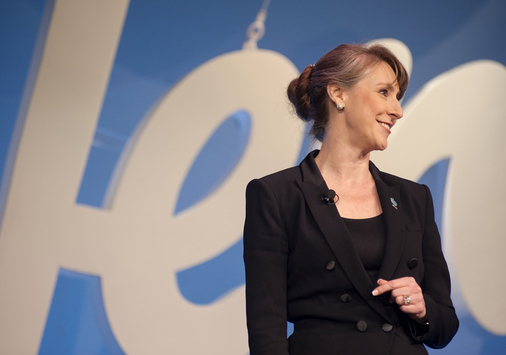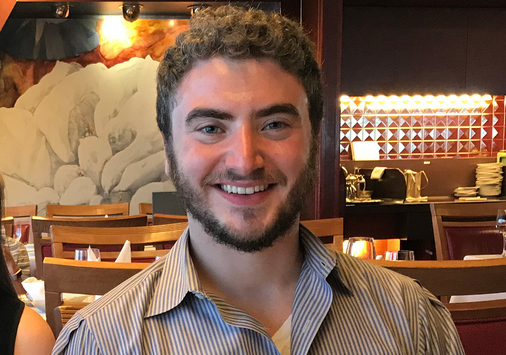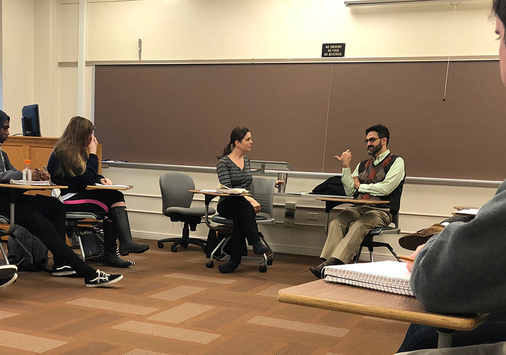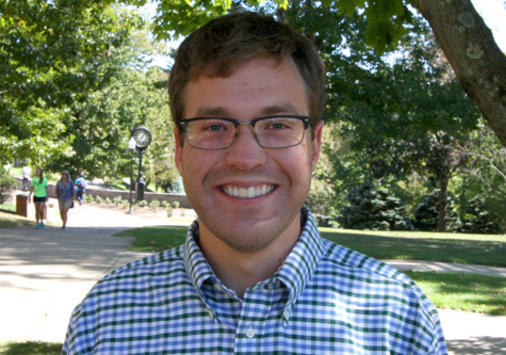“To Weary Of Painting The World: South Asian Lessons For A Global Humanities”
What do we learn when we learn to compose a poem? What is involved in savoring a poem or coming to understand it? What do we know when we learn the craft of offering and evaluating arguments or analyzing concepts? What kind of knowledge does philosophy, as distinct from literature, provide? More generally: what styles of knowing and feeling does an education in the humanities involve. And what, at the end of the day, or at the end of one’s life, will it all have meant? The questions, no doubt, are familiar. I’m asking: what is the nature and the value of a life devoted to thought and cognitive experience? But I shall here field answers to these questions from an often-neglected source, the history of thought and literature in premodern south asia. And I’ll ask these questions, thereby, with a premodern south asian accent, with an emphasis on the interplay of knowledge and the taste of subjectivity. We may not walk away with settled conclusions, but by the end of this talk I hope that you will agree with me in acknowledging this much: the literary critic Ānandavardhana, the poet (and philosopher) Bhartrhari, and the maverick polymath Appayya Dīksita, among so many others, can guide us to new ways of appreciating the force of questions that don’t ever seem to grow old.










